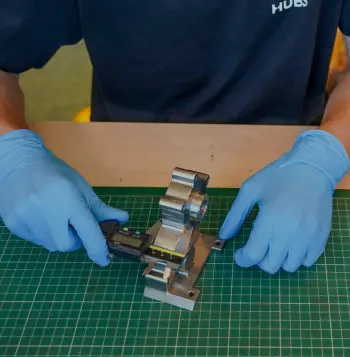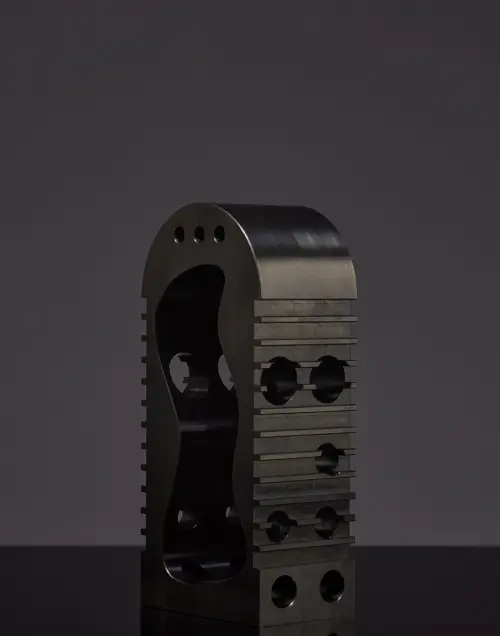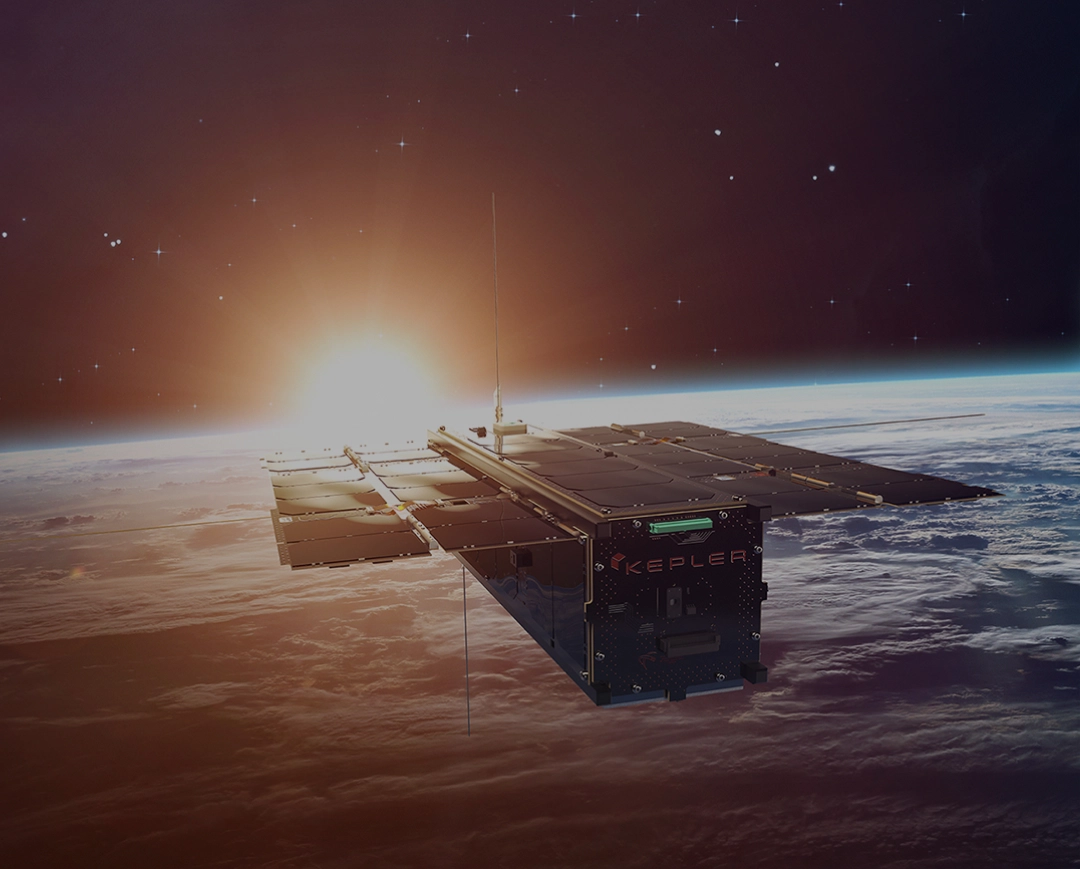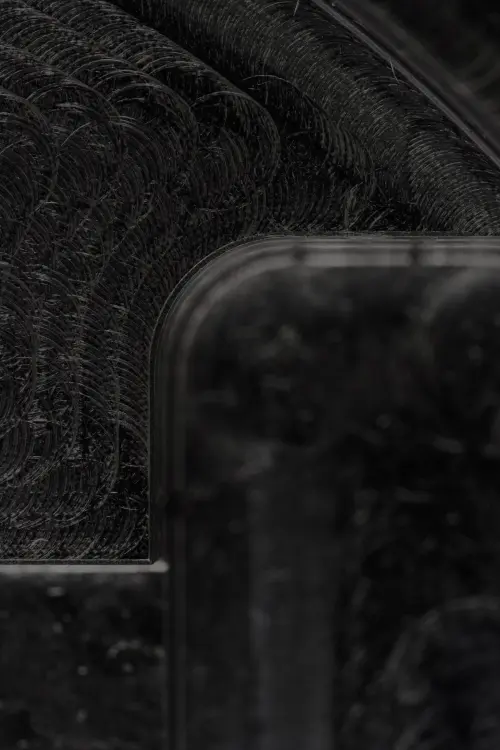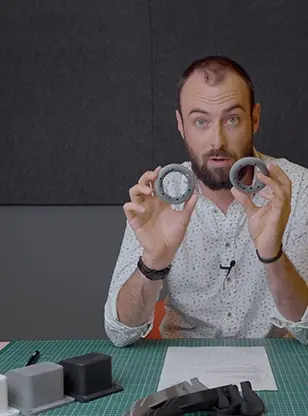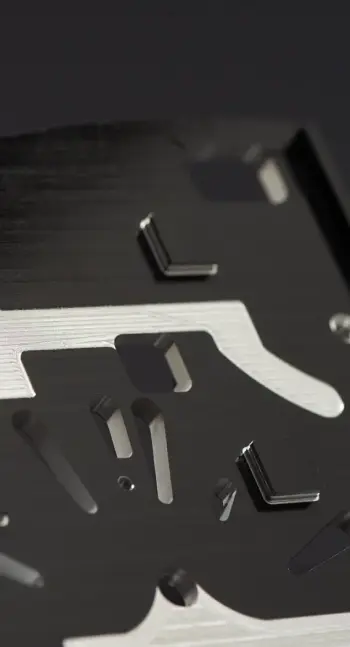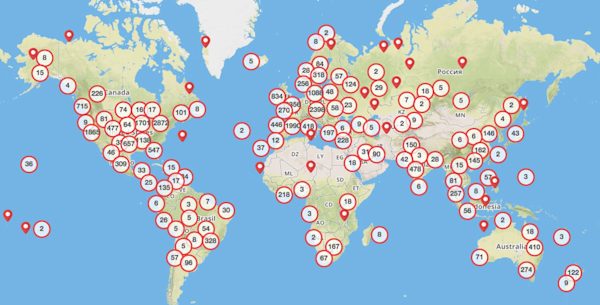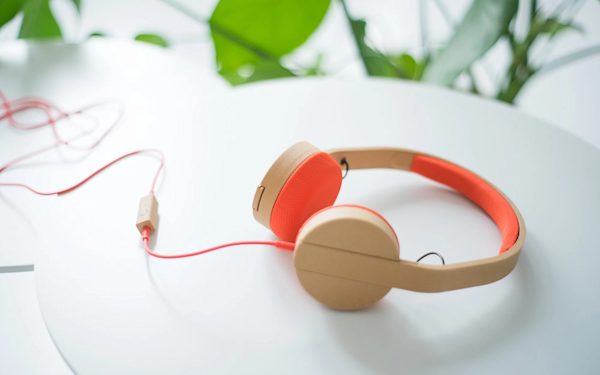Protolabs Network today announces it’s bringing low cost metal parts to market. Using Polymaker's PolyCast, a new material for FDM printed patterns and a global network of foundries, Protolabs Network will offer cast metal parts up to 5x cheaper than existing methods.
Traditionally, the investment casting process uses a machined die to produce wax patterns for casting. Protolabs Network becomes the first company to use FDM castable plastic (PolyCast by Polymaker) to create these patterns. The benefits, besides its low cost, is that FDM printing allows for the production of large, complex patterns that traditional manufacturing techniques would have difficulty producing.

“Our customers have expressed a strong interest in large metal parts, so we’re excited to launch this innovative service on three continents and to provide them the solution they’re looking for.” Bram de Zwart, Protolabs Network CEO
With material costs for the patterns being low, the metal parts become particularly price competitive as part sizes increase. A useful rule of thumb is that if a design is approaching the size of a basketball, FDM printed patterns become the most cost effective method for producing custom metal parts with complex geometries.

A cost comparison for producing metal parts. 3 different parts were compared, each with varying geometries. All quotes are for parts made from stainless steel. All parts are approximately 150mm x 130mm x 55mm in size.
A great example of 3D printing being used in combination with investment casting was featured by Autodesk’s generatively designed plane cabin seat, which resulted in significant weight reduction.
The journey of the metal part begins with the pattern being 3D printed on an FDM machine by a Protolabs Network printing service. The 3D printed pattern is then polished using Polymaker's Isopropanol micro droplet technology ensuring clean surface molds ready for casting. This process stops small air bubbles getting trapped on the surface of the ceramic mold which will transfer to the metal parts. The pattern is then sent to a local foundry for investment casting. After casting, parts with critical tolerances are then machined before being sent out out to the end user.

“Most polymers leave residues when they decompose during the pattern burnout process. We have engineered the material to ensure that it decomposes completely at T > 600 ºC, leaving a clean mold ready for casting.” Xiaofan Luo, Polymaker President.
The process from order to finished part is managed end-to-end by the Protolabs Network team of in-house 3D printing experts, so customers only need to provide their 3D files and material choice. Materials available are; stainless steel, brass, copper, aluminum and bronze with more to follow.
Large metal parts are now available through Protolabs Network Managed Services.
To learn more about the process: https://www.hubs.com/knowledge-base/producing-large-cast-metal-parts-using-3d-printing
Or simply upload a file to get a free quote: https://form.jotformpro.com/70443722074956
Dan Grigoras, Director of Business Development at Protolabs Network is at Rapid+TCT. Find him at Stand number 1017, and catch his talk on the Novice Stage, on Thursday 11th May from 10.30am-10.40am.
